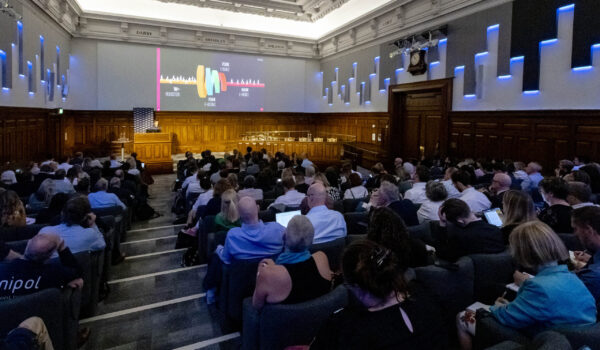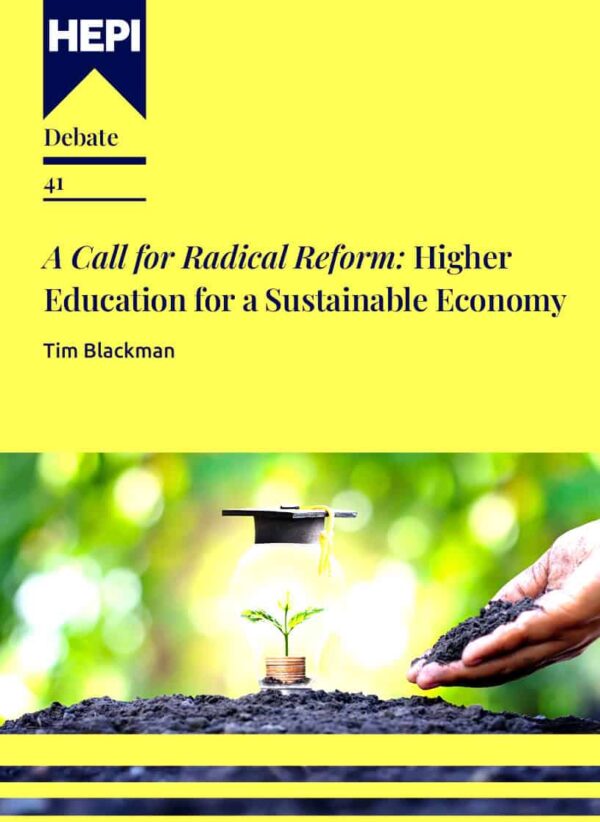How the manufactured narrative of ‘failure’ is distracting us from resolving the systemic problems holding back the study of Modern Languages – Part 2.
This post was kindly written by Vincent Everett, who is head of languages in a comprehensive school and sixth form in Norfolk. He blogs as The Nice Man Who Teaches Languages.
In Part 1, I looked at how the low grades given at GCSE languages – up to a grade lower than in pupils’ other subjects – is a manufactured situation, easily solved at the stroke of a pen. The narrative around languages being harder is nothing to do with the content of the course or the difficulty of the exam. It is simply a historical anomaly of how the grades are allocated. There is also a false narrative that this unfair grading is due to pupils’ individual ability, the nation’s ability, or the quality of teaching. And I made a subtle plea for commentators to avoid reinforcing this narrative to push their own diagnosis or solutions.
In Part 2, I will consider what happens in post-16 language learning. This has also been the subject of reporting in the wake of A-Level results and the recent HEPI report. I am not going to deny that A-Level languages are in crisis. But the crisis in A-Level and the crisis of language learning post-16 are not one and the same.
There are specific problems with the current A-Level specification for languages. The amount of content to be studied, comprising recondite details of every aspect of the Spanish / French / German speaking world, is unmanageable. Worse, as this post explains, the content is out of kilter with the exam. All the encyclopaedic knowledge of politics, history, popular culture and high culture which takes up the bulk of the course, is ultimately only required for one question in just one part of the Speaking Exam. The difficulty of the course is compounded by the extremely high standards required, especially for students who have learned their language in the school context. I personally know of language teachers and college leaders who have discouraged their own children from taking A-Level languages in order not to jeopardise their grades for university application. It is getting to the point where I can no longer, in good conscience, let ambitious students embark on the course without warning them of the overwhelming workload and doubtful outcomes.
So A-Level could be improved. But as an academic course, it will always remain the domain of a tiny few. Similarly, specialist Philology degrees at university – the academic study of the language through the intersection of literary and textual criticism, linguistics and the history of the language – only attract a very small minority. Neither university language degrees, nor A-Level, are a mainstream language learning pathway.
It is a particularly British mentality to only value language learning if its intellectual heft is boosted by the inclusion of essays, abstruse grammar, linguistics, literature, politics, history, and a study of culture. In other words, philology. Philology is not the same as language learning.
Universities do offer language learning opportunities for students of other disciplines. However, in sixth form, because of the funding requirement to offer Level 3 courses, there are no mainstream language learning options available to the vast majority of students who do not study A-Level languages. We have a gap in 16-19 provision where colleges do not offer a mainstream language learning pathway.
This gap is fatal to language study. It means GCSE is seen as a dead-end. It means that universities have a tiny pool of students ready and able to take up language degrees or degrees with languages as a component.
The crisis is not one of how to channel more people into studying A-Level languages. It is a question of finding radical new ways of offering mainstream language learning post-16, and how to make this the norm. We know from the HEPI report that young people in the UK are among the most avid users of the online language learning app Duolingo. Young people are choosing to engage with language learning, but in terms of formal education, we are leaving a two-year gap between GCSE and the opportunities offered by universities.
If this hiatus in language learning is the problem, is there a solution? I have two suggestions. One of which is relatively easy, if we agree that action is needed. If universities genuinely believe that a language is an asset, then they could send a powerful message to potential applicants.
Going to university means joining an international organisation, including the possibility of studying abroad, using languages for research, engaging with other students from across the globe, and quite possibly taking a language course while at university. The British Academy reports that universities are calling for language skills across research disciplines, so I hope that they would be able to send a strong message to students in schools and colleges.
The message around applications and admissions could be that evidence of studying a language or languages post-16 is something that universities look for. At the very least, they could signal that an interest in self-directed language learning is something they would value.
I understand that most universities would stop short of making a qualification in a language a formal entry requirement, because they fear it could exclude many applicants, especially those from disadvantaged groups. But a strong message could help reverse the situation where language learning opportunities are currently denied to many under-privileged school pupils, who aren’t getting the message around the value of pursuing a language.
And my second, more difficult suggestion? Would it be possible to plug the two-year gap with a provision at sixth form or college? An app such as Duolingo has attractions. There is the flexibility and independence of study, as well as the focus on motivation by level of learning, hours of study or points scored. It is very difficult to imagine how a sixth form or college could provide language classes for their varied intake from schools, with different language learning experiences in different languages.
Is there scope here for a new Oak Academy to step in and create resources? Or for the government to commission resources from an educational technology provider? Is there a role for universities here? The inspiring Languages for All project shows what can happen when a university engages with local schools to identify and tackle obstacles to language learning. The pilot saw Royal Holloway University working with schools across Hounslow, to increase participation at A-Level in a mutually beneficial partnership. Many of the strategies could equally apply to more mainstream (non A-Level) language learning partnerships. These included strong messaging, co-ordinated collaboration between colleges, face-to-face sessions and events at the university, and deployment of university students as mentors.
The aim would be to transform the landscape. Currently we have a dead-end GCSE where unfair grading serves as a deterrent, and where there is no mainstream option to make continuing with language learning the norm. A strong message from universities, along with an end to unfair grading, could make a big difference to uptake at GCSE. A realisation that A-Level and specialist philology degrees are not sufficient for the language learning needs of the country could lead to alternative, imaginative and joined-up options post-16. It could also boost the provision or recognition of self-study of a language and may even lead to the reinvigoration of adult education or university outreach language classes. And it could even see a larger pool of candidates for philology degrees at university.







Comments
Jonathan Alltimes says:
Why do schools not teach to a standard at least good enough for colloquial conversations and then introduce the formal components? Or split the streams into improving the spoken, where another language could be added, and the formal literary components? The philological content is overwhelming. Is it the same for the IB? Do the privately educated elites with a head start set the standards in the universities?
Reply
Add comment